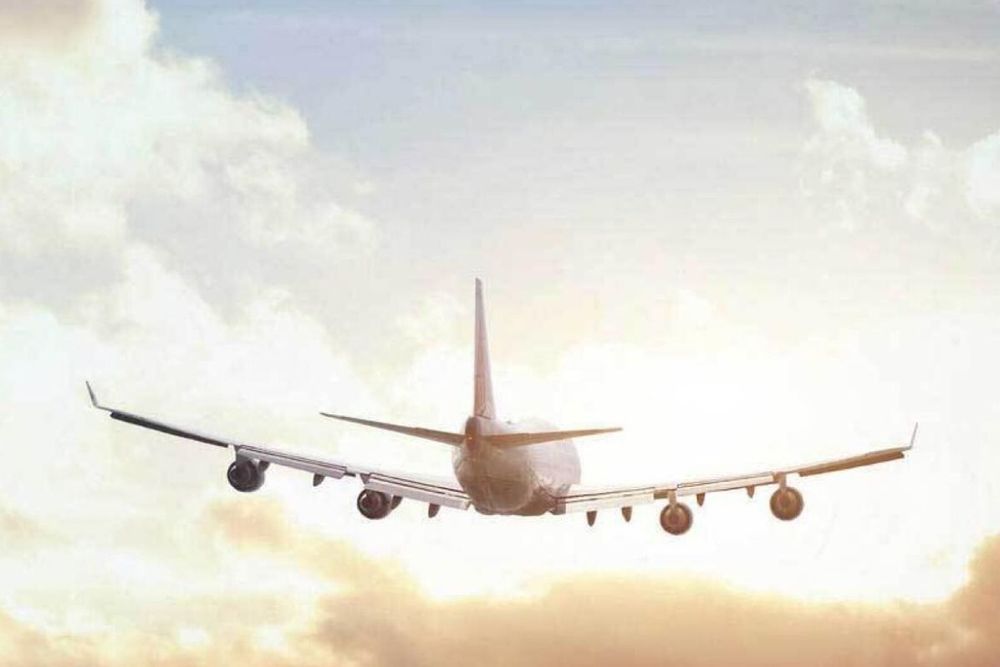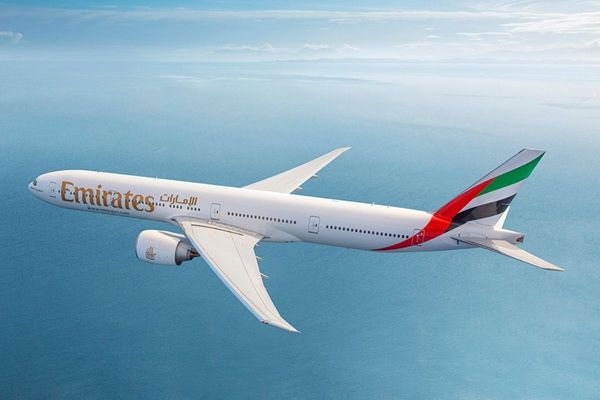Certain laws may be considered null and void under some circumstances except if such conditions are beneficial to the employee
My Dubai-based job contract specifies an annual air ticket allowance for myself and my family. Is there a specific way this is calculated? The amount that's given to me is not enough to cover the airfare of my family members during the upcoming summer vacation. Is there a way I can address this legally?
Response: Pursuant to your queries, it is assumed that you are employed by a private mainland company based in Dubai. Therefore, the provisions of Federal Decree Law No. 33 of 2021 on the Regulation of Employment Relations (the 'Employment Law') are applicable.
It should be noted that the Employment Law, which has been in force since February 2, 2022, is silent pertaining to employer's responsibility to pay the air ticket fare to an employee for travel to their home country for annual leave. However, an employee may be eligible for a one-way air ticket fare as part of the repatriation costs once his or her employment is terminated. This is in accordance with Article 13(12) of the Employment Law, which states:
"The Employer shall bear the cost of the employee's repatriation to his point of hire or to any other point that was mutual agreed upon, unless the employee joins another employer, or the employment contract is terminated for reasons due to the employee; in which case the costs shall be borne by the latter."
However, if the employment contract of an employee mentions that he/she and his/her family are entitled for an airfare allowance, then the employer needs to provide the same. Any conditions in the employment contract of an employee which are not in accordance with Employment Law may be considered null and void except if such conditions are beneficial to the employees. This is in accordance with Article 65 (3) of the Employment Law, which states:
"Any condition which is contrary to the provisions of this Decree-Law, even if preceded its entry into force, shall be null and void, unless it is more beneficial to the employee. Any release, conciliation or waiver of any rights of the employee hereunder shall be null and void to the extent that it conflicts with its provisions."
The employer, at its discretion, may frame an internal rule book related to employment matters and may also include additional regulations which are beneficial to the employee. This is in accordance with Article 65(4) of the Employment Law, which states:
"The Employer may establish and put in place organisational bylaws and programmes in the Establishment that would be more beneficial to the employee than those prescribed in this Decree-Law and its Executive Regulations. In the event of conflict between such programmes and bylaws and the provisions of this Decree Law, conditions that are more beneficial to the employee shall apply."
Based on the aforementioned provision of law, you are entitled to receive an airfare allowance for yourself and your family as mentioned in your employment contract. However, if the employment contract states' air fare costs' instead of 'air fare allowance', then you may claim the entire airfare costs. If your employment contract states that you are entitled for 'airfare allowance', you may be only entitled to claim the relevant allowance mentioned in your employment contract, even though the said airfare allowance does not cover the entire airfare costs incurred by you for yourself and your family.
News Source: Khaleej Times









